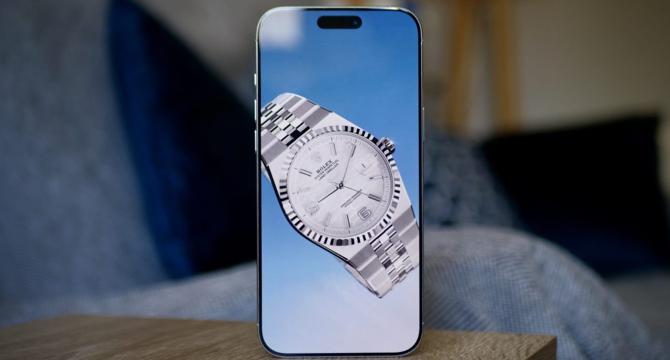Digitaltrends
1w
46

Image Credit: Digitaltrends
Expect pricey iPhones, but don’t buy into the sensational hype yet
- The tech industry is dealing with the aftermath of new tariffs announced by President Donald Trump, affecting companies like Nintendo, Jaguar Land Rover, and Apple.
- Apple could face significant impact due to tariffs as most of its hardware production is in China, where tariffs have increased.
- Asian countries where Apple diversified its supply chain have also faced hefty tariffs, potentially leading to price hikes for iPhones and Macs.
- Speculations suggest iPhone prices could rise by 30-43% post-tariffs, potentially reaching up to $2,300 for an iPhone 16 Pro Max.
- Moving Apple's production to the US may not be cost-effective, leading to increased prices for consumers.
- Locally assembled iPhones costing $3,500 was deemed unrealistic by experts, with moving manufacturing to the US posing challenges.
- Apple's potential strategies to mitigate price hikes include negotiating with governments and suppliers, and adjusting profit margins.
- Waiting for the iPhone 17 series or a few months could offer better pricing, as Apple aims to balance profitability and consumer affordability.
- Apple may utilize its bargaining power to influence component pricing and manage price hikes for its devices.
- Despite uncertainties, Apple aims to minimize the impact of tariffs on its products while navigating potential price increases in the market.
Read Full Article
2 Likes
For uninterrupted reading, download the app